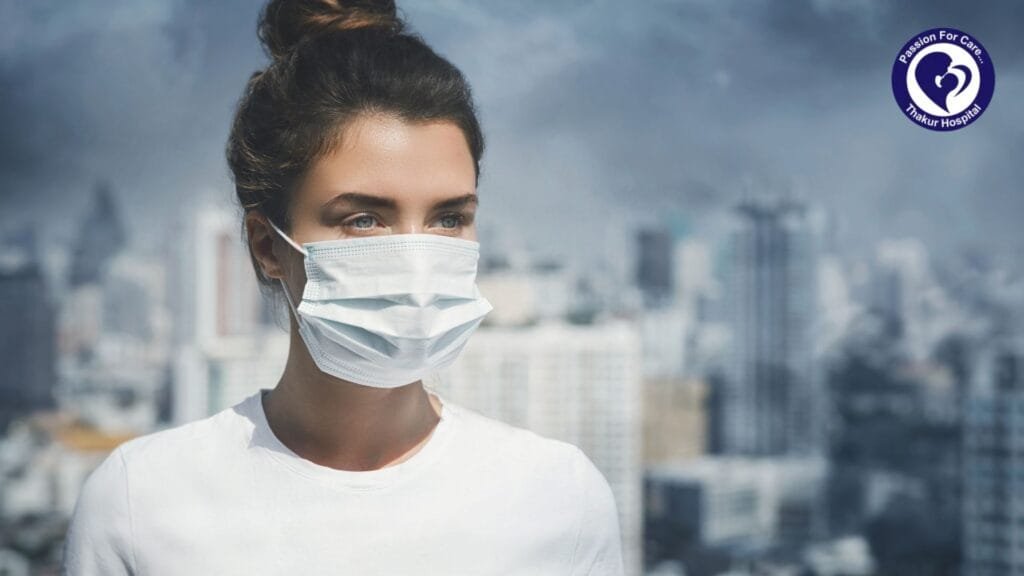Air pollution has become a growing concern globally, with high AQI (Air Quality Index) levels posing significant health risks. Prolonged exposure to polluted air can affect your respiratory and cardiovascular systems. It’s vital to take precautions to minimize these effects and protect your well-being. Here are seven practical tips to safeguard yourself and your loved ones from the harmful impact of pollution.
1. Stay Indoors During Peak Pollution Hours
Pollution levels are usually at their peak during early mornings and evenings. Minimize your outdoor activities during these times to reduce exposure to harmful air pollutants. If you need to go out, plan your activities when pollution levels are lower.
2. Use Air Purifiers Indoors
Invest in a reliable air purifier equipped with a HEPA filter to maintain better indoor air quality. These devices can help remove particulate matter and harmful pollutants, ensuring the air you breathe at home is safer.
3. Wear N95 Masks When Outdoors
When stepping outside, especially during high AQI days, wear an N95 mask. These masks are designed to filter out fine particles, protecting your lungs from harmful pollutants.
4. Stay Hydrated
Drinking plenty of water is essential to flush out toxins from your body. Include antioxidant-rich foods such as fruits and vegetables in your diet to strengthen your immune system and combat the effects of pollution.
5. Exercise Indoors on Polluted Days
Physical activity is crucial for good health, but exercising outdoors during high pollution days can do more harm than good. Opt for indoor exercises such as yoga, pilates, or using gym equipment to stay active without exposing yourself to polluted air.
6. Choose Sustainable Travel Options
Limit the use of personal vehicles by opting for public transportation, carpooling, walking, or biking. Combining trips and choosing eco-friendly modes of transport can significantly reduce air pollution and your carbon footprint.
7. Avoid Burning Wood or Trash
Burning wood or trash is a major source of particulate pollution. Avoid these practices and encourage others to do the same. Proper waste disposal and using cleaner energy sources can help reduce pollution levels in your community.
Conclusion
Protecting yourself from pollution and high AQI levels requires conscious effort and lifestyle adjustments. By following these simple yet effective tips, you can reduce your exposure to harmful pollutants and contribute to a cleaner, healthier environment.
Let’s prioritize our health and take small steps to combat the effects of air pollution. Remember, clean air is a collective responsibility that benefits everyone!
Ref- Department Of Medicine & Child Health



